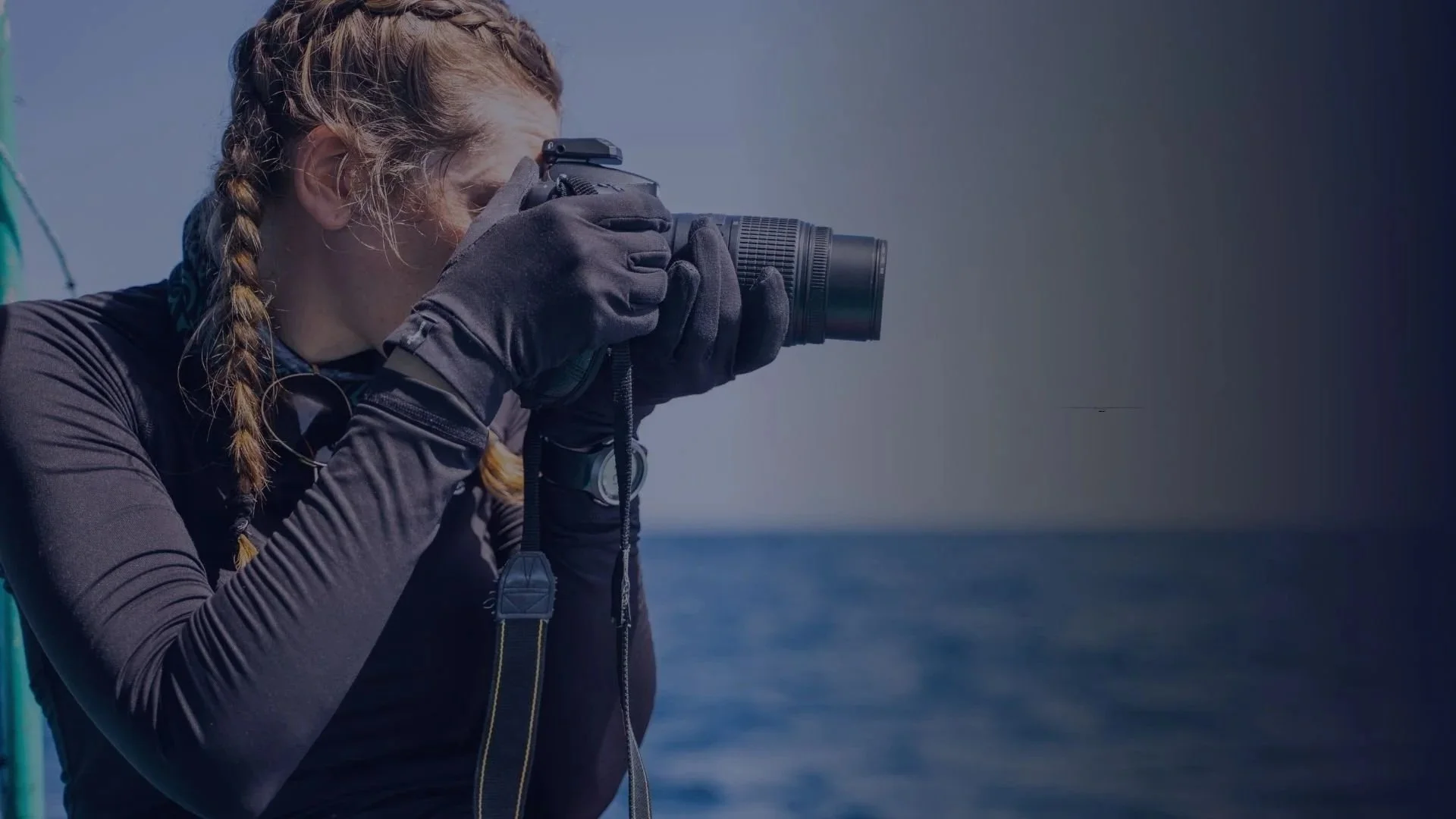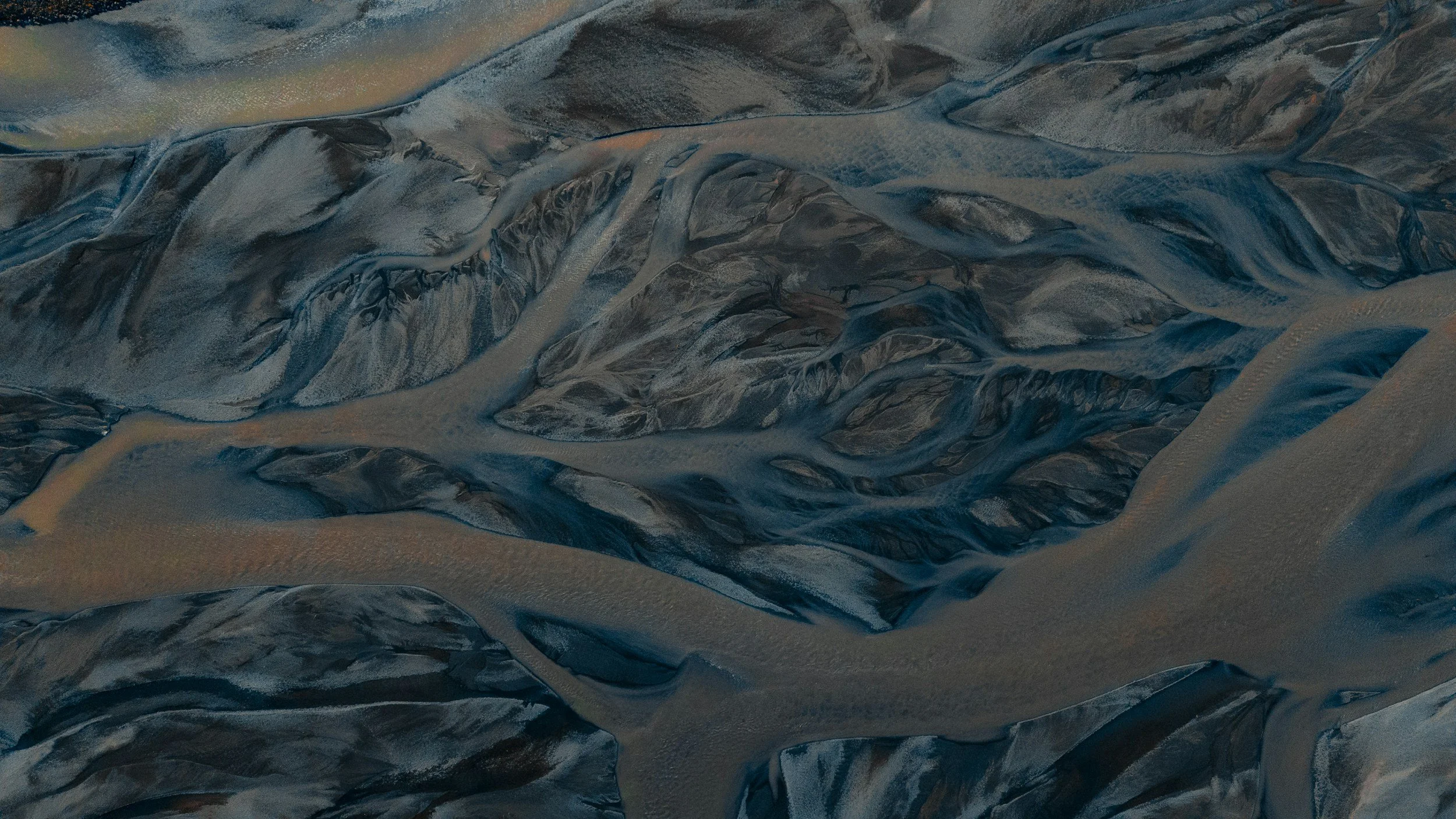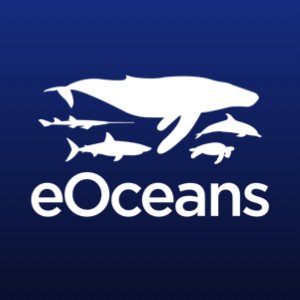
6 Reasons Why Science Has Been Hard—and How eOceans Makes it Easy.
Science is supposed to uncover truths about the natural world. But in reality, doing science—especially in complex ecosystems like oceans, coasts, and freshwater systems—is much harder than it seems. Fieldwork, data collection, analysis, and reporting all come with hidden complexities that slow progress, introduce errors, and make decision-making difficult.
Here’s why science is hard… and how eOceans makes it easier.
1. Data Comes From Everywhere—and It’s Messy
Fishers, divers, sensors, historical logs, citizen scientists, and governments all produce data. Formats, scales, units, and quality vary wildly. Integrating it manually is slow, frustrating, and error-prone.
eOceans makes it easy: Ingest data from any source, standardize it, and produce one coherent, analysable dataset—automatically.
2. Manual Analysis is Time-Consuming and Error-Prone
Cleaning spreadsheets, writing scripts, generating graphs and tables—all take hundreds of hours. Mistakes are easy, and by the time results are ready, trends may have shifted.
eOceans makes it easy: Automated dashboards, maps, graphs, and reports update in real time as new data arrive. You get science-grade outputs without repetitive manual work.
3. Causation vs. Correlation is Tricky
Not all patterns are meaningful. Observing that species decline correlates with temperature change doesn’t automatically reveal the cause—other confounding factors exist. Misinterpretation can lead to flawed management decisions.
eOceans makes it easy: By integrating multiple data streams—environmental, biological, social, and policy variables—eOceans provides context to better distinguish correlation from causation and supports evidence-based decision-making.
4. Field Data is Often Incomplete
Zeros, absences, or rare observations are critical—but traditional approaches often miss them. Historical datasets and field logs are inconsistent, making it hard to detect trends.
eOceans makes it easy: Any sampling method can be used, capturing presence, absence, abundance, behavior, environmental conditions, and effort metadata to ensure complete, actionable datasets.
5. Collaboration is Challenging
Researchers, NGOs, industry, and governments often work in silos — rarely do they have a common data language. Sharing data safely while protecting sensitive sites, species, or community knowledge is difficult.
eOceans makes it easy: Project-based access, ethical protections of data and sites in particular, and controlled sharing let teams collaborate without compromising sensitive information.
6. Scaling Science Exponentially Increases Complexity
What works for one site rarely works across multiple projects, regions, or ecosystems. Scaling traditional workflows multiplies complexity and risk.
eOceans makes it easy: The platform scales seamlessly across projects, regions, organisations, and datasets, integrating historical, field, and sensor data into a single science-grade system.
In summary, science has been complex, with messy data, incomplete observations, and the constant challenge of teasing out causation from correlation. eOceans simplifies these challenges, saving time, reducing errors, and providing context-rich insights—so scientists, managers, and communities can make informed, responsible decisions for our oceans, coasts, and freshwater ecosystems.

Would you like to know more?
Launch, Run, and Scale — all in one place.
eOceans is the platform for executing nature–society projects everywhere. Our patent-pending system connects and processes your datastreams in real time to deliver insights, maps, graphs, and reports—saving up to 80% of time and resources. Build trust, credibility, and impact today.
